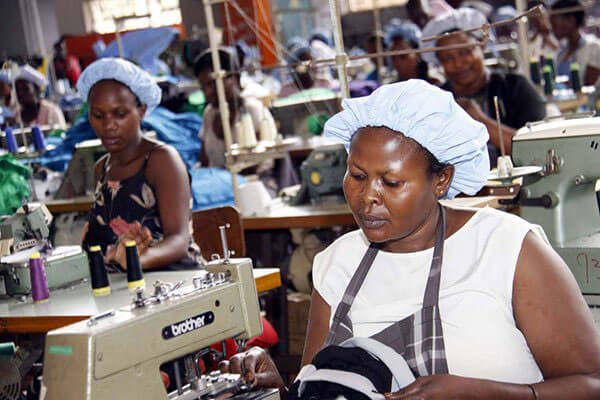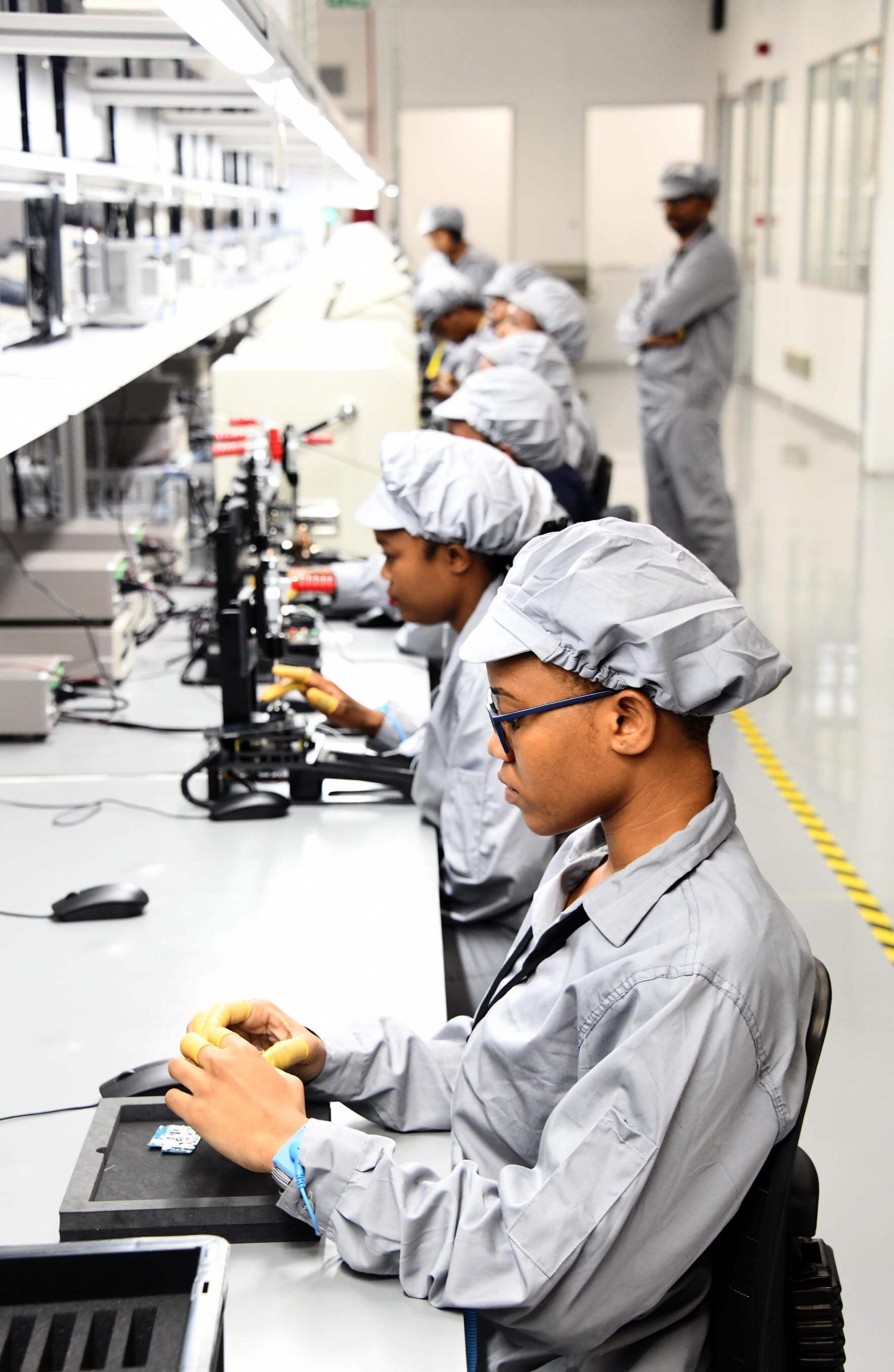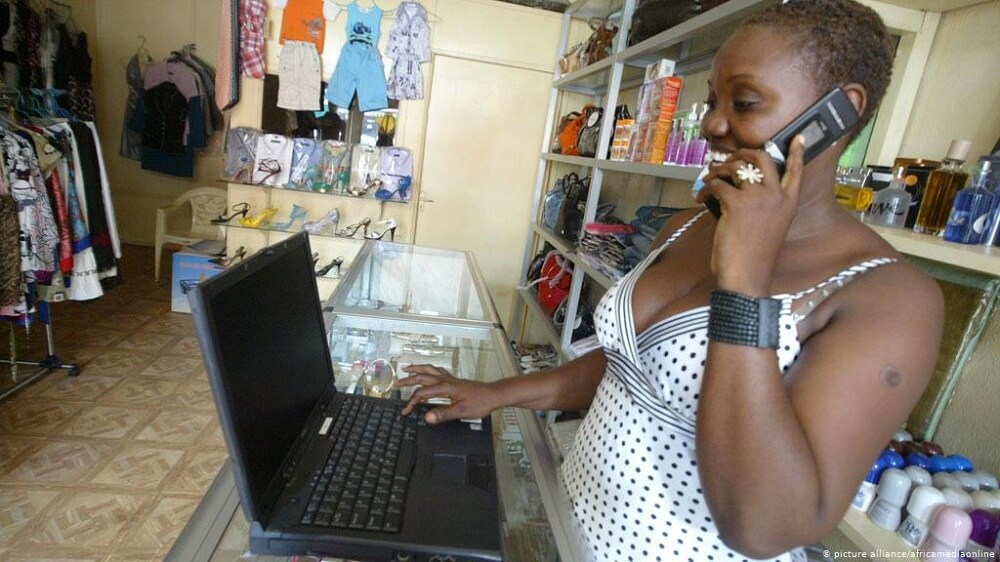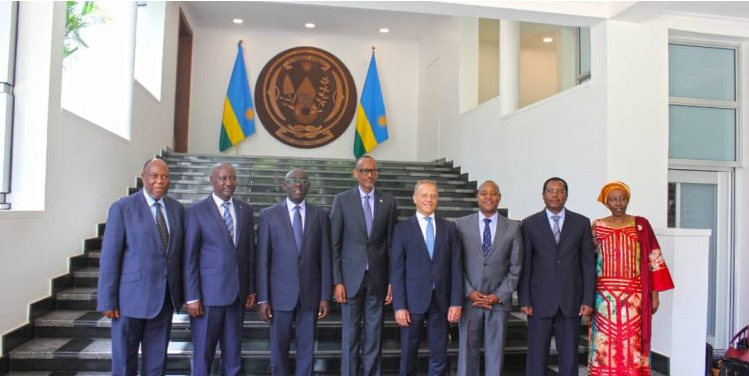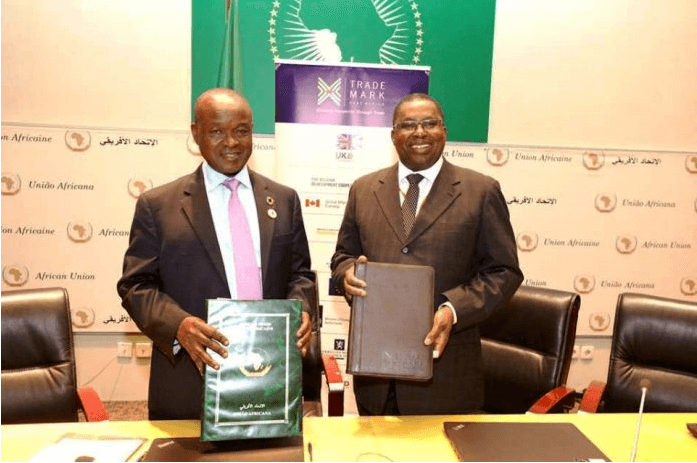Kenya could be allowed to secure its own preferential market access for exports to the European Union if the regional Economic Partnership Agreement fails to take shape, EU has signaled. This comes amid continued delays by the East Africa Community(EAC) member states to ratify the EPA deal as a bloc, which would secure duty-free quota-free market access with the 28-member union. While Kenya and Rwanda signed the EPA in September 2016, with Kenya ratifying the pact the same year,Tanzania, Uganda and Burundi are yet to ratify the EPA. For the EPA to enter into force, the three remaining EAC members need to sign and ratify the agreement. The delay is threatening Kenya's free market access for its exports to Europe. EU ambassador to Kenya Simon Mordue yesterday said Kenya could be allowed to go ahead solo under the "variable geometry" provision, which allows certain members states to implement trade agreements faster than others or before others which are not ready. “Kenya is obviously very keen together with Rwanda to move forward and start this trading arrangement with European Union as quickly as possible because they full understand the benefits of this agreement,” EU ambassador to Kenya Simon Mordue said in Nairobi yesterday. “You come to us and send a signal that there is a wish to pursue variable geometry. This is something that the EU would look at very carefully and say how we would best be able to respond,” Mordue added. Tanzania in 2016 rejected the deal on claims...
EU to consider concession for Kenya on stalled EAC export deal
Posted on: December 2, 2019
Posted on: December 2, 2019



